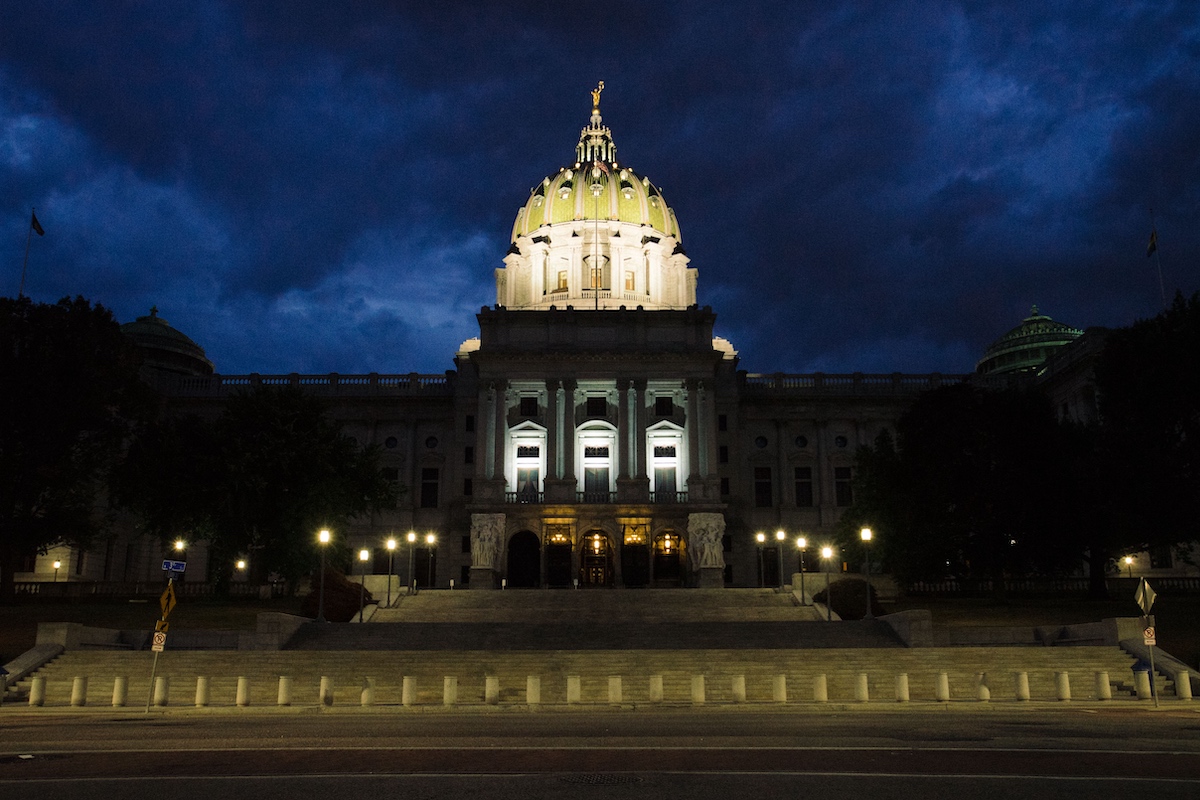Pennsylvania gives out hundreds of millions of dollars in tax credits each year to create jobs and encourage companies to invest here, but only some of those programs are working as intended, according to five years of research by an independent legislative agency.
Of the 20 tax credit programs that the Independent Fiscal Office evaluated:
- Seven yielded results, meaning they accomplished their legislative intent.
- Four did not meet that standard; lawmakers have since addressed the flaws identified in two of those.
- Five were created recently and don’t yet have a clear track record.
- The remaining four lacked enough data for a definitive assessment.
“It’s definitely a mixed bag,” said Matthew Knittel, director of the IFO. State law required the fiscal office to review the state’s tax credit programs over a five-year period and make recommendations for improvement.
Despite questions the reviews have raised about the effectiveness of some programs, the amount Pennsylvania gives out in tax credits keeps growing as lawmakers expand existing programs and create new ones. In the 2017-18 fiscal year, the state awarded $477 million in tax credits, fiscal office documents show. Over the next five fiscal years, that amount grew by more than 40%.
State tax credit programs target a range of industries, from manufacturing to film production to high-tech startups. Other programs aim to spur waterfront development, environmental cleanup, and job creation in rural areas. Companies typically have to meet job creation or investment thresholds to qualify for the tax benefits.
But the true economic impact of a tax credit program, Knittel said, hinges on a question that is difficult to answer. If a company that receives state tax credits opens a new facility in Pennsylvania, were the tax credits the deciding factor? Or did the tax breaks reward the company for something it would have done anyway?
“That’s very hard to pin down,” Knittel said.
Several programs, the fiscal office concluded, likely fell into the latter category. A tax credit for breweries worth roughly $2 million annually is likely not generous enough to influence companies’ decisions to invest or expand in Pennsylvania.
The fiscal office found a lack of data makes it challenging to analyze the impact of other programs.
One of the largest, which funds scholarships for students at private schools, suffers from a basic lack of accountability, the fiscal office found. The review noted that the impact of the tax credits depends on how many students use the money to switch from public to private schools. State law, however, prohibits the collection of that data. Republican lawmakers successfully pushed for a massive increase to the program last year — without adopting any of the fiscal office’s recommendations to improve transparency.
Pennsylvania’s tax credit programs are also being scrutinized as part of an overhaul of the state’s approach to economic development recently announced by Democratic Gov. Josh Shapiro.
BEFORE YOU GO … If you learned something from this article, pay it forward and contribute to Spotlight PA at spotlightpa.org/donate. Spotlight PA is funded by foundations and readers like you who are committed to accountability journalism that gets results.







